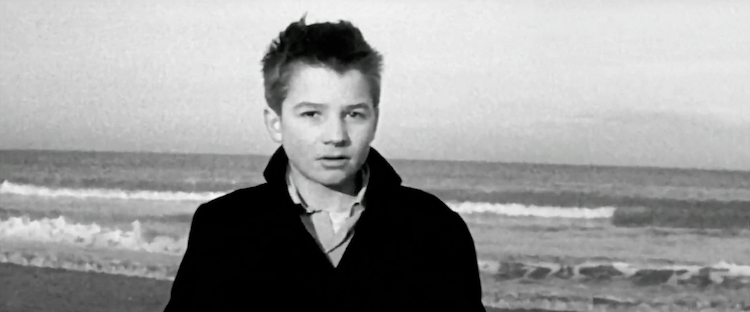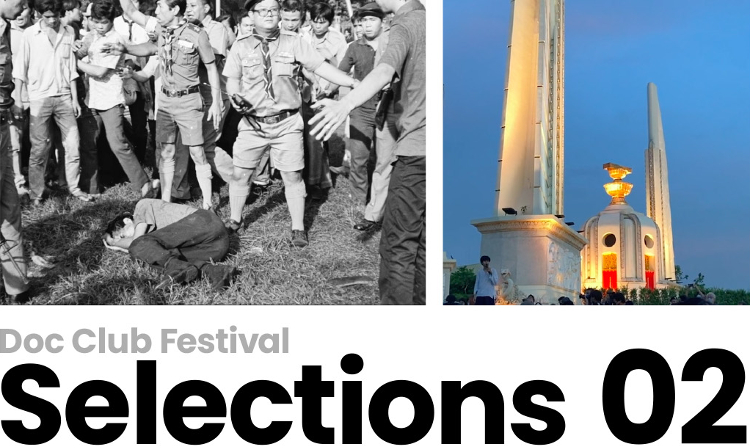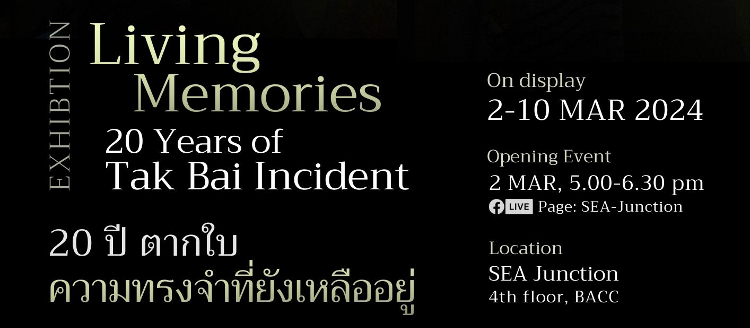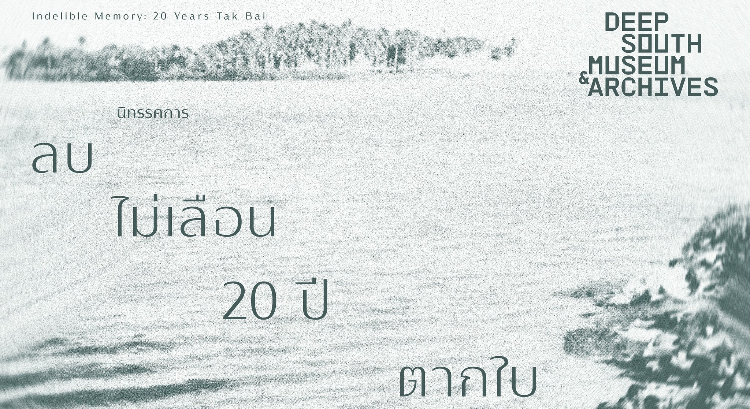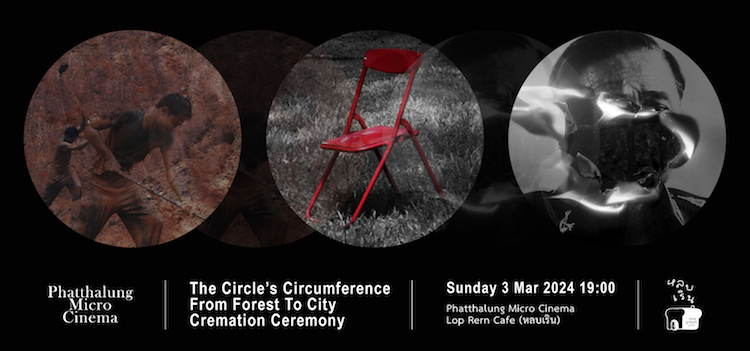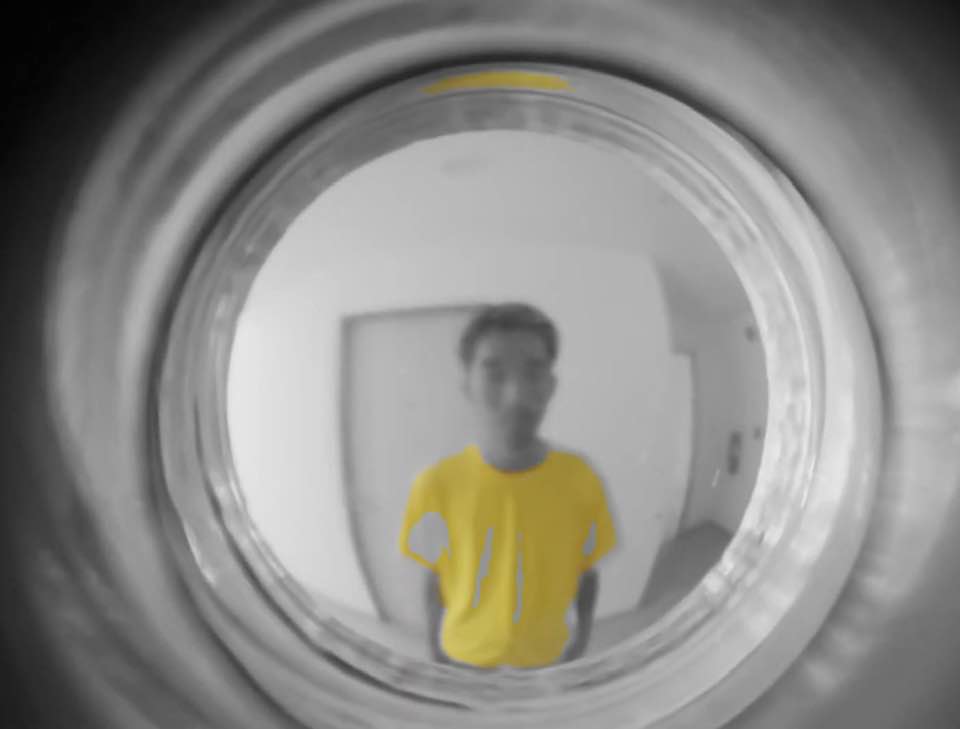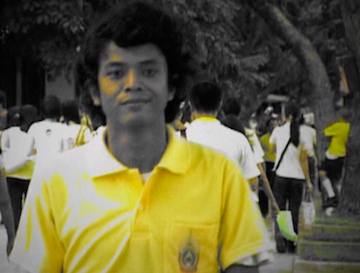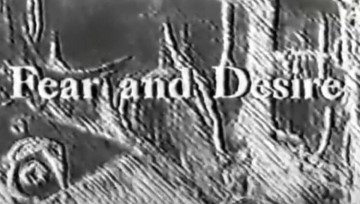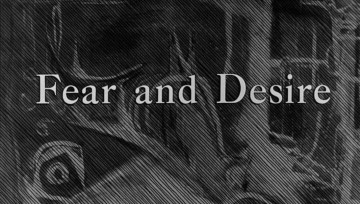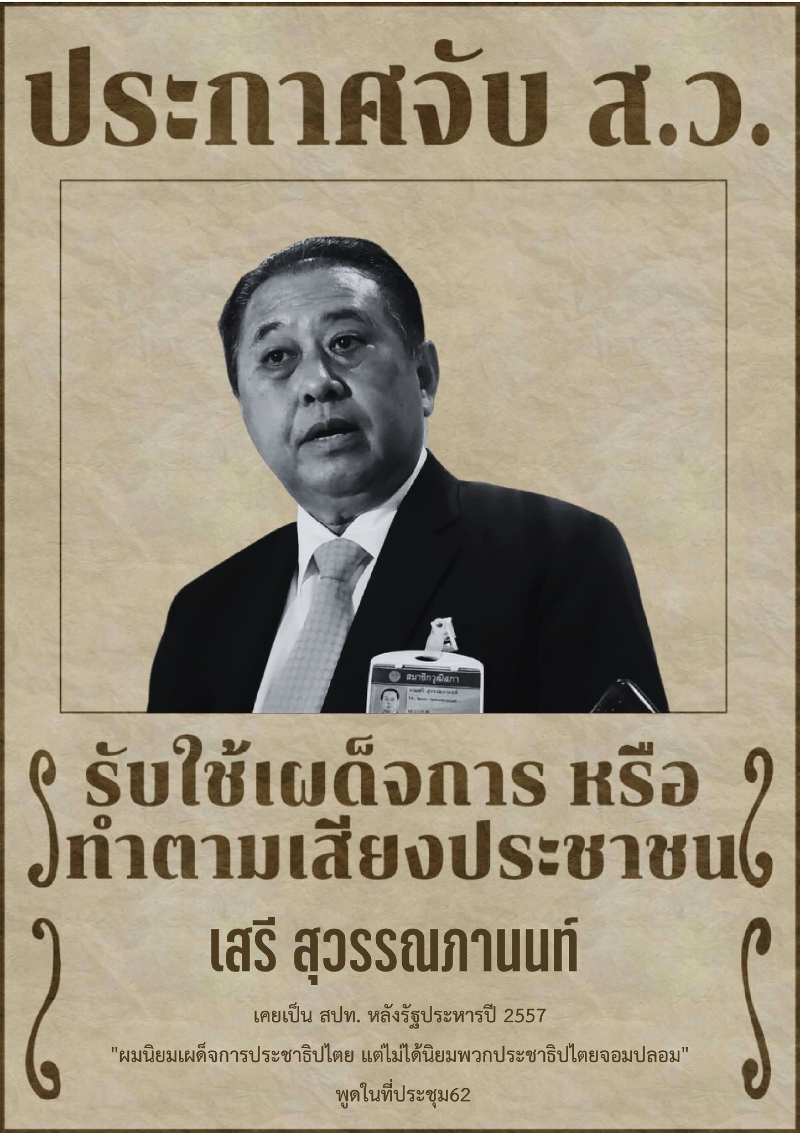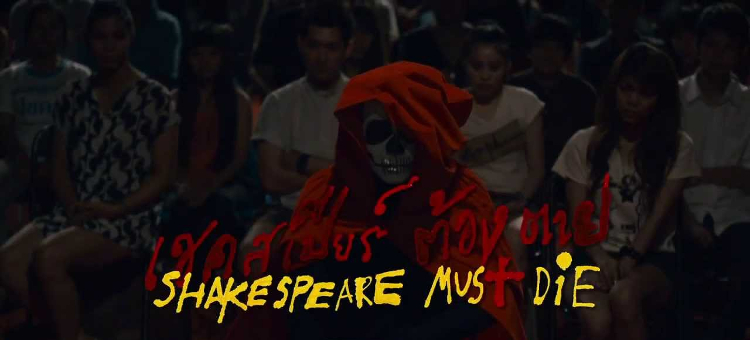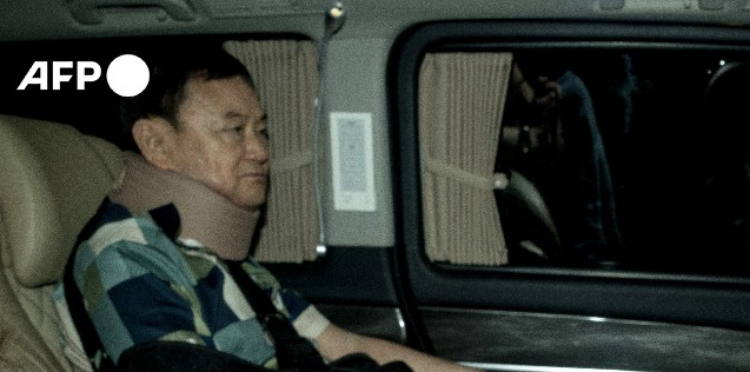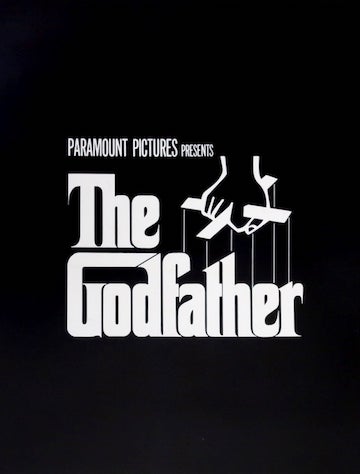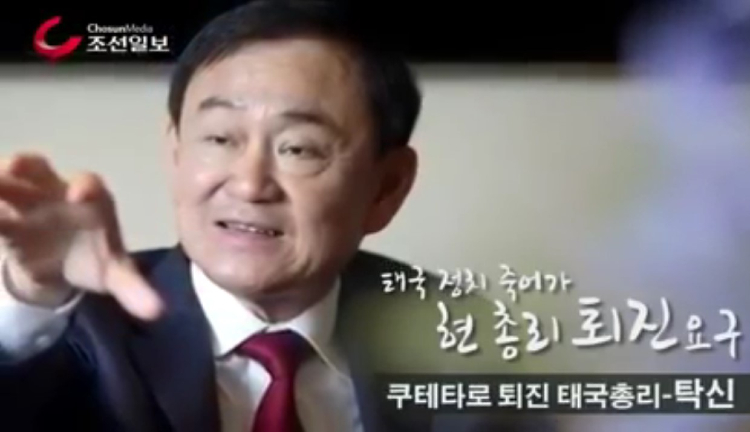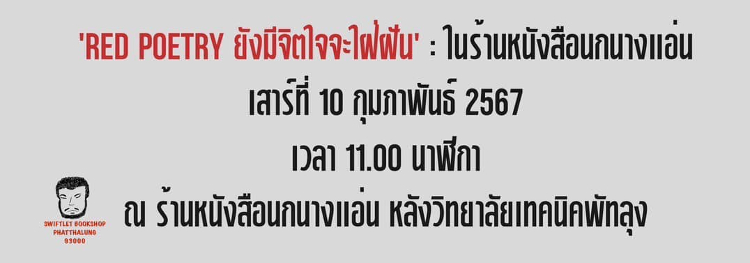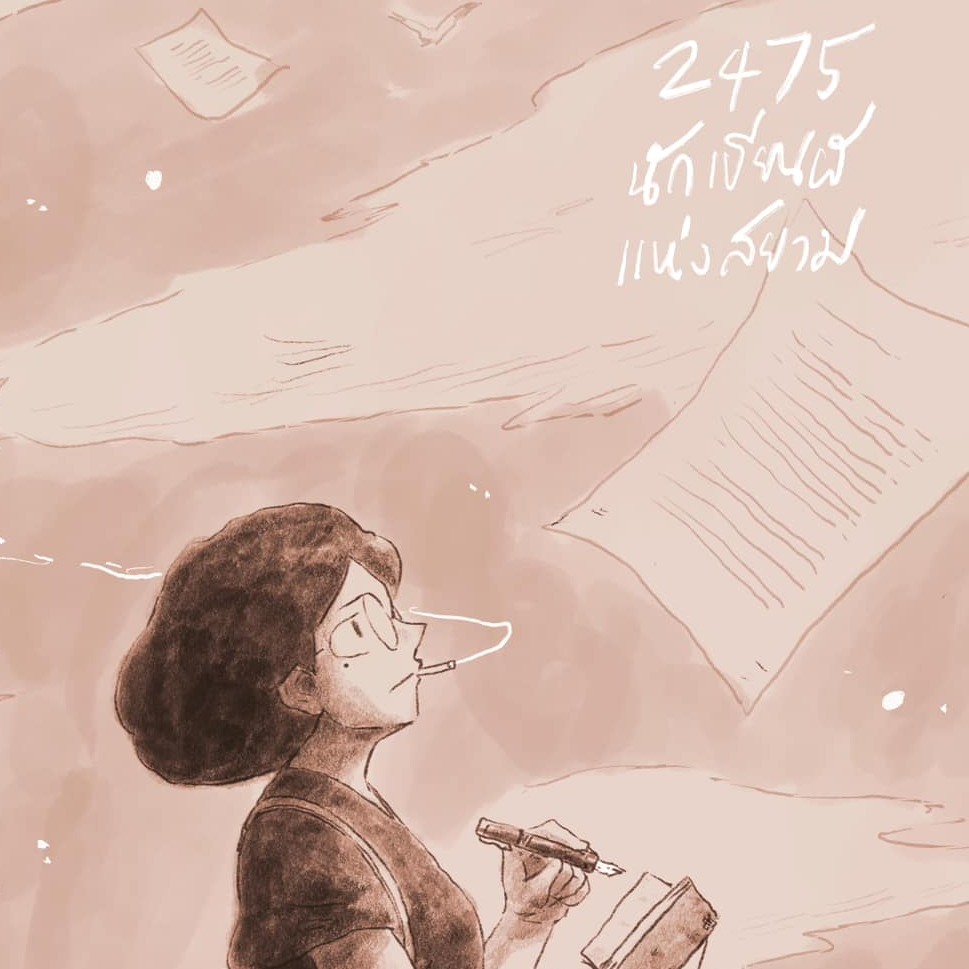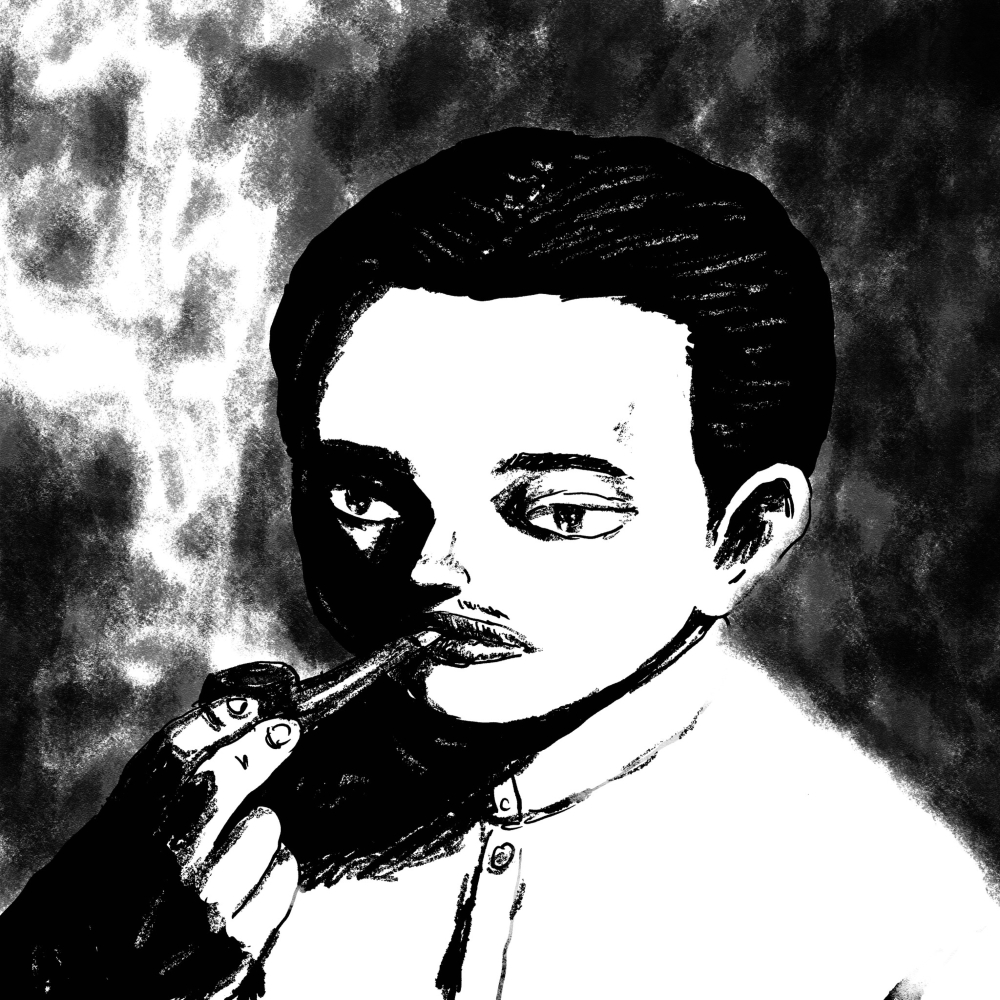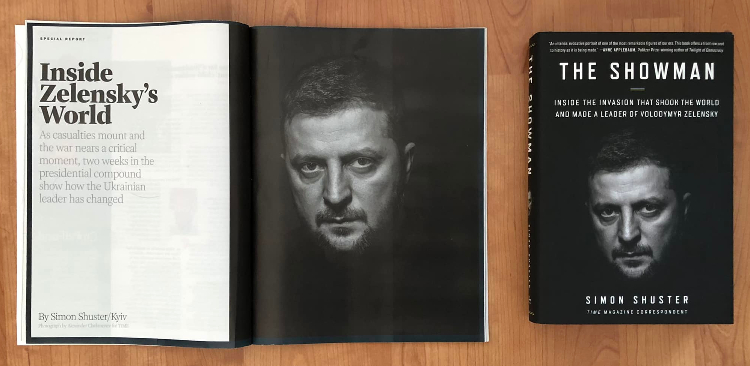This year is the 20th anniversary of the tragedy that took place at Tak Bai on 25th October 2004. More than 1,000 people protested outside Tak Bai’s Provincial Police Station, and police responded with water cannon, tear gas, and ultimately live ammunition, killing five people. The surviving demonstrators were crammed into trucks and taken to Ingkhayuttha Borihan Fort military camp, though seventy-eight died of suffocation during the five-hour journey.
The security forces have never been held accountable for the deaths, and the Thaksin Shinawatra government prohibited the broadcasting of video footage of the incident. In defiance of the ban, the journal
Same Sky (ฟ้าเดียวกัน) distributed a Tak Bai VCD—
ความจริงที่ตากใบ (‘the truth at Tak Bai’)—with
its October–December 2004 issue (vol. 2, no. 4). The footage is also included in Thunska Pansittivorakul’s documentary
This Area Is Under Quarantine (บริเวณนี้อยู่ภายใต้การกักกัน), which led to
the film being banned. (
Thai Cinema Uncensored discusses the censorship of Tak Bai video footage.)
Last year, Patani Artspace held the
รำลึก 19 ปี ตากใบ (‘remembering 19 years of Tak Bai’) exhibition, and the
Heard the Unheard (สดับเสียงเงียบ) exhibition took place at Silpakorn and Thammasat universities.
Heard the Unheard featured the personal possessions of seventeen people who died at Tak Bai—including a ฿100 banknote retrieved from the body of a sixteen-year-old boy, Imron—displayed alongside recollections from the victims’ relatives. These items are also photographed in
Tak Bai (ลิ้มรสความทรงจำ), edited by Kusra Kamawan Mukdawijitra.
To commemorate the twentieth anniversary,
Heard the Unheard is being restaged. The seventeen artefacts will be split between two exhibitions:
Living Memories: 20 Years of Tak Bai Incident [
sic] (
20 ปี ตากใบ ความทรงจำที่ยังเหลืออยู่) at SEA Junction (Bangkok Art and Culture Centre) from tomorrow until 10th March, and
Indelible Memory: 20 Years Tak Bai (ลบไม่เลือน
20 ปี ตากใบ) at the Princess Maha Chakri Sirindhorn Anthropology Centre in Bangkok between 4th March and 31st July.
Tak Bai photographs were also shown at the
Deep South (ลึกลงไป ใต้ชายแดน) exhibition in Bangkok. Apichatpong Weerasethakul’s
Photophobia series incorporates photographs of the incident, as does the interactive installation
Black Air by Pimpaka Towira, Akritchalerm Kalayanamitr, Koichi Shimizu, and Jakrawal Nilthamrong.
Jehabdulloh Jehsorhoh’s
Violence in Tak Bai (ความรุนแรงที่ตากใบ) features white tombstones marking the graves of each victim, and his book
The Patani Art of Struggle (سني ڤتاني چاراو او سها) shows three versions of the installation. It was first installed, a few days after the massacre, at Prince of Songkla University in Pattani, and the grave markers were accompanied by rifles wrapped in white cloth. In 2017, it was recreated at Patani Artspace and then mounted on a plinth containing Pattani soil at the
Patani Semasa (ปาตานี ร่วมสมัย) exhibition in Chiang Mai.
Two further installations—Jakkhai Siributr’s
78 and Zakariya Amataya’s
Report from a Partitioned Village (รายงานจากหมู่บ้านที่ถูกปิดล้อม)—both include lists of the Tak Bai victims’ names.
Photophobia,
78, and
Violence in Tak Bai were all included in the
Patani Semasa exhibition. (The
exhibition catalogue gives
Violence in Tak Bai a milder alternative title,
Remember at Tak Bai.)
